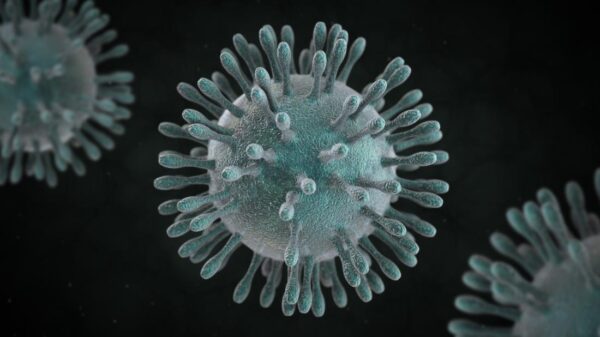The Economic Commission for Africa has warned that the coronavirus pandemic could seriously dent Africa’s already stagnant economic growth.
The UN body said in a statement that this would manifest with oil exporting nations losing up to $65 billion in revenues as crude oil prices continue to tumble.
According to ECA Executive Secretary, Vera Songwe, COVID-19 was inevitably impacting Africa’s trade, having already strongly hit Africa’s major trading partner, China.
She said although a few COVID-19 cases had been reported in some 15 countries far, the crisis was set to deal African economies a severe blow.
“Africa may lose half of its GDP with growth falling from 3.2 per cent to about 2 per cent due to a number of reasons. They include the disruption of global supply chains,” said Songwe, adding that the continent’s interconnectedness to affected economies of the European Union, China and United States was causing ripple effects.
She said Africa would need up to $10.6 billion in unanticipated increases in health spending to curtail the virus from spreading, while on the other hand, revenue losses could lead to unsustainable debt.
Songwe said COVID-19 could reduce Nigeria’s total exports of crude oil in 2020 by between $14 billion and $19 billion.
The ECA estimates COVID-19 could lead to Africa’s export revenues from fuels falling at around $101 billion in 2020.
Songwe explained that remittances and tourism were also being affected as the virus continues to spread worldwide.
She said this would result in a decline in FDI flows, capital flight, domestic financial market tightening and a slow-down in investments – hence job losses.
The ECA boss said pharmaceuticals, imported largely from Europe and other COVID-19 affected partners from outside the continent, could see their prices increasing and availability reduced for Africans.
She said with nearly two-thirds of African countries being net importers of basic food, shortages are feared to severely impact food availability and food security.
Songwe said: “Furthermore, negative consequences are expected to worsen if COVID-19 develops into an outbreak in Africa.
“In addition, a decline in commodity prices could lead to fiscal pressures for Africa’s economic power houses such as Nigeria, South Africa, Algeria, Egypt and Angola.”
Stephen Karingi, Director of ECA’s Regional Integration and Trade Division, however, said there was an opportunity the continent could take advantage of.
This is as trading within the African Continental Free Trade Area is set to commence in July.
“The intra-African market could help mitigate some of the negative effects of COVID-19 through limiting dependence on external partners, especially in pharmaceuticals and basic food,” Karingi said.
He added that diversifying economies away from fuel-driven was vital beyond COVID-19 and stressed the need for the continent to urgently implement the AfCFTA.
He also urged African countries who export drugs to prioritise selling on the African market.
He said: “The ECA, in a presentation on the economic effects of the COVID-19 on Africa, suggests African governments could review and revise their budgets to reprioritise spending toward mitigating impacts of COVID-19 on their economies.
“As a safety net, the think tank is urging governments to provide incentives for food importers to quickly forward purchases to ensure sufficient food reserves in key basic foods items.”
Karingi added that fiscal stimulus packages were also crucial if the continent is to weather the COVID-19 storm.
NAN reports that the global pandemic has claimed over 5,000 lives globally and infected 139,637 people.
Trending
- Victor Boniface: From military barracks to Bundesliga glory, by Kayode Adebiyi
- GOtv Boxing Night 31: Abimbola targets N1m cash prize
- Police arrest driver for alleged unlawful possession of pistols
- Navigating boss-subordinate relationship, by Kenechukwu Aguolu
- Ubabukoh family releases burial plans for veteran journalist
- Ms Courage (2), by Bassey Ubong
- Eve’s Desire: Sex: Dos and Don’ts
- YABATECH to train informal sectors for global certification

